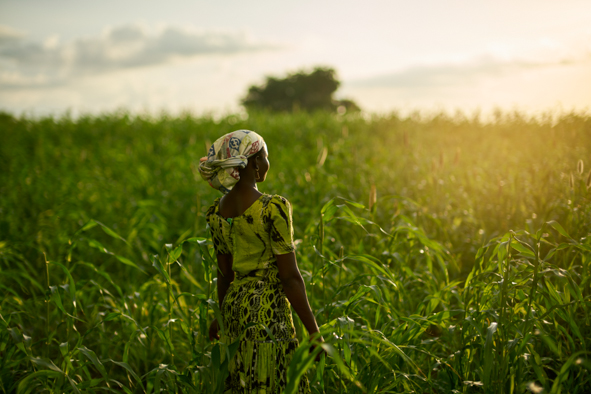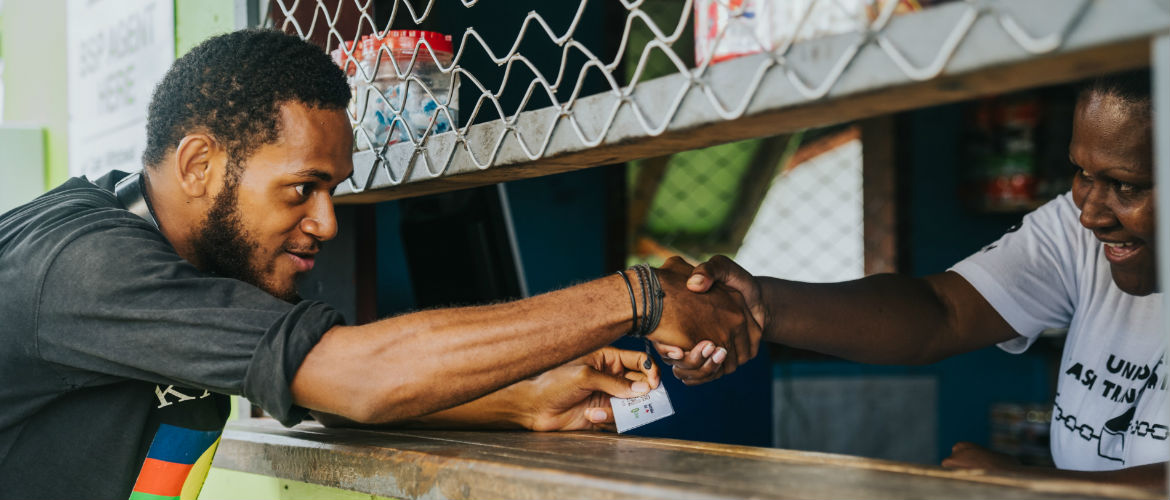The latest roundtable meeting finds that the Arms Trade Treaty needs to have a strong basis in development in order to be successful in preventing the conditions that have given rise to the need for such a treaty.
Experts and representatives from UN agencies, member states, and civil society met recently to explore how strong developmental criteria could be included in an Arms Trade Treaty (ATT). The meeting, organised by UN Women, UNICEF and Oxfam, concluded that the treaty needs to have a strong basis in development in order to be successful in preventing the conditions that have given rise to the need for such a treaty. The summary report (below) provides an overview of the key conversations at the event which took place under the Chatham House Rule.
The argument that that development is not affected by armed violence is difficult to defend anymore – the overwhelming evidence shows that development processes come to a halt and disrupt service delivery when armed violence is rife. The World Bank has already found that not a single fragile/conflict-affected country has yet achieved a single Millennium Development Goal (MDG), and will find it increasingly difficult to do so before 2015.
The Security Council has repeatedly found that there was a demonstrable link between the plundering of resources and proliferation of arms through porous borders to groups operating in the countries of the Great Lakes region. Surveys conducted by the UN also found that a significant percentage of the population in the DRC declared they did not have access to markets, health services, and schools because of the threat of armed violence and insecurity. The Geneva Declaration – endorsed by 108 countries – states that development interventions cannot succeed if the frequency and lethality of armed violence is not dealt with.
Insecurity is not just a curse on war and conflict-affected situations. Data shows that the effects of armed violence is felt in both conflict-affected and ‘stable’ societies, with statistics now revealing that the majority of the annual 740,000 deaths as a result of armed violence is happening in non-conflict settings.
These realities provide a complex backdrop and context to the ongoing deliberations on an Arms Trade Treaty. Translating the nuances of these realities has proven a difficult task during formal plenary sessions at the ATT meetings at the UN. To complement these debates, participants of this round table came together to discuss how to translate development tools and processes into the ATT.
To begin with, there was an affirmation of the need for the ATT to be legally binding, and based on international obligations on – amongst others – human rights, development, corruption, and humanitarian law. Participants felt that the ATT should develop clear and nuanced criteria to ensure that arms transfers did not affect development processes whilst still enabling countries to address their security needs.
Discussions also revolved around ensuring that all relevant international processes were effectively interlinked with the ongoing ATT process – such as the UN Convention Against Corruption, the Geneva Declaration and the implementation of the UN Program of Action. Finally, participants felt that procedurally, there would be a greater chance of success if the ATT focused on the impact of armed violence, rather than attempting to define the act itself.
For more reflections from the meeting, please see the full report.
Image: cc licensed geojanitor


 Doris*, daughter, 5; Pamila*, 2. Christina grows maize and she was shown how to make compost as part of the CRAFS (Climate Resilient Agriculture and Food Systems) programme.
Doris*, daughter, 5; Pamila*, 2. Christina grows maize and she was shown how to make compost as part of the CRAFS (Climate Resilient Agriculture and Food Systems) programme.
